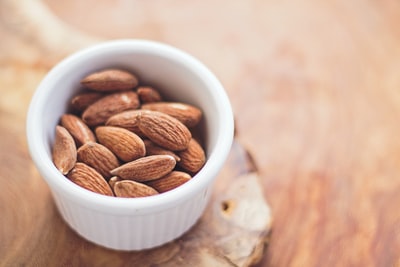Ingredients
- 40 turns
- 26 by
- 20 turns to lighten
- 20 baking parchmen place on a flat work space
- 6 egg yolks
- 6 egg whites
- 2 3/4 wide rubber spatula
- 2 at a time
- 1 grand marnier
- 1 jellyroll (pan)
- 1/2 puree
- 1/4 egg whites the yolk mixture (beaten into)
- 250 gr confectioners sugar
- 240 ml cream (heavy)
- 240 ml water in a saucepan (heavy)
- 240 ml water
- 180 gr superfine
- 180 gr sugar
- 95 gr apricots (dried)
- 45 gr strained dutch-process cocoa
- 30 ml orange juice (fresh)
- 30 ml water has been absorbed
- 16 ml water
- 16 ml water
- 16 ml water in a heat proof glass dish (cold)
- 4 gr vanilla extract
- 3 gr gelatin (unflavored)
- 2 gr granulated sugar
- 2 gr navel orange rind (grated)
- 1 ml cream of tartar
inch of boiling water. Stir the mixture until the gelatin is dissolved and the mixture is clear. Stir it into the apricot puree. Set aside to cool to tepid. Beat the cream in a small chilled bowl of an electric mixer. As it begins to thicken, add quarter c confectioner's sugar gradually. Beat until soft peaks form. Remove from the mixer and fold in the tepid puree and the Grand Marnier by hand. To assemble: Carefully unroll the cake, but not completely flat; the edge closest to you should remain curled. Spoon the filling under the curled edge first, then spread it over the rest of the cake evenly with a metal spatula, leaving a 3 cm border on the far side. To roll the cake, tuck the curled edge under and continue rolling. Place seam side down on a wooden breadboard or oblong platter. Cover loosely with foil and refrigerate until hald-hour before serving. Dust the top with confectioner's sugar just before serving. Store leftover roulade in the refrigerator loosely covered with foil for up to three days.

